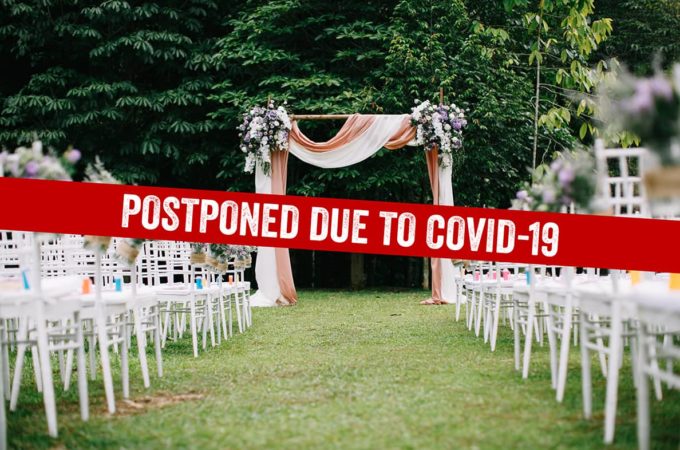January is kickstarting what seems to be the “Year of the Hats” for me. In addition to my usual winter hat and estate planner hat, this month I’m also fashioning my wedding planner hat, COVID style. As it turns out, planning a February wedding during a COVID lockdown actually means planning multiple backup weddings, each having their own contingency plan, guest list, and brand of potential disaster. This has brought new meaning to the phrase that you “only get married once”!
While drafting this blog post, my estate planner hat and wedding planner hat started a Zoolander “walk off” (i.e. a runway show competition for non-Zoolander fans). Initially, with my wedding planner hat on, I decided that I would use this post to share what I hoped would be helpful estate planning tips for newlyweds, or soon-to-be weds, like myself. For example, estate planning may start with some financial planning, such as reviewing current investment portfolios… It was at this exact point in my writing though that my estate planner hat decided to be really, really, ridiculously good-looking, fiercely raising the following question and winning the walk off hands down: What if those investment portfolios are holding U.S. stocks? Are there U.S. estate tax implications? While this may not seem like a logical leap to some, this is how a brain fully immersed in wedding planning and estate planning at the same time operates!
If your client has a portfolio of U.S. securities that is held with a Canadian investment dealer (including if they are held in RRSPs and TFSAs) or is traded on a Canadian stock exchange, are those U.S. securities exempt from US estate tax? The simple answer is that the location of the account is irrelevant; what matters is whether a security is US-situs property which, in turn, is determined by the identity and residence of the issuer of the security.
If they are U.S. situs-property, consider asking the following questions:
- Is the total value of your client’s US-situs property greater than $60K? If ‘yes’, a U.S. estate tax return will need to be filed with the IRS, and you will also need to consider the following question;
- Is the value of your client’s worldwide estate over the exemption limit? While the exemption amount is currently approximately $11.7M, it may decrease substantially with the Biden administration.
If the answers to the first and second questions are ‘yes’, I would suggest seeking U.S. tax advice and considering some U.S. estate tax planning techniques. The following highlights a few of such planning techniques:
- A s.85 rollover As part of such rollover, your client would transfer eligible property on a tax deferred basis to a taxable Canadian corporation. On their death, your client likely will not be considered to directly own U.S.-situs property, but rather will be viewed as owning the shares in the Canadian corporation;
- Inter vivos gift of the U.S. securities: Another planning technique may be for your client to gift the U.S. securities to your client’s beneficiaries prior to their death (though consideration first of whether there would be any U.S. gift tax implications is important). To determine whether this strategy is practical and recommended, a relevant factor to consider is your client’s age. This may not be an appropriate strategy if your client is still relatively young and healthy (although this will also depend on their overall financial picture); and
- Planning for the payment of U.S. estate tax: Where tax may not be easily eliminated or deferred, a common approach would be to plan for the payment of the tax, for example, by having a life insurance policy (or other liquidity that is set aside) that is available to satisfy U.S. estate tax liability that may arise on the U.S. securities.
I hope this is helpful for newlyweds and not so newlyweds alike and I look forward to seeing where the next walk off takes us!


0 Comments